The early stages of parenthood are filled with precious milestones, and among them, your baby’s first tooth is a momentous occasion. As your little one’s gummy smile transforms into a grin adorned with tiny teeth, it’s time to start thinking about their oral care routine. Proper oral hygiene from the very beginning lays the foundation for a lifetime of healthy smiles.
Contents
The Journey of Teething: Challenges and Solutions
Teething is a natural process that usually begins at around six months of age, although it can vary from baby to baby. While these budding teeth are a sign of growth, they often bring discomfort and fussiness. You might notice your baby drooling excessively, chewing on objects, and experiencing irritability. To ease their discomfort, there are several things to do:
- Gentle Massaging: Gently massaging your baby’s gums can provide relief as pressure can help soothe the ache and itching that accompanies teething.
- Chilled Teething Toys: Teething toys chilled in the refrigerator can offer comfort by numbing the gums. Ensure that the toys are designed for babies and are easy to hold.
- Cold Washcloth: A clean, damp, chilled washcloth that your baby can chew on. The texture and temperature can provide relief while keeping your baby engaged.
- Oral Care Routine: While it might seem early, establishing an oral care routine is important. Gently cleaning your baby’s gums after feeding can help prevent bacteria buildup.
Pediatric dentists recommend cleaning babies’ gums after feeding, to fight bacterial growth and promote good oral health. Try ISSA™ baby silicone sonic toothbrush, made entirely of ultra-hygienic medical-grade silicone. Its bristles and gentle sonic pulsations offer the optimal solution for early oral hygiene needs. From gum massage to brushing primary teeth, this first toothbrush helps babies aged 0-4 establish proper brushing habits and avoid cavity – all while having fun.
Brushing is essential for babies, even before they have their first tooth. ISSA™ baby’s massage mode massages gums without applying too much pressure. It clears away food residue and helps soothe gum irritation, making it a perfect solution for easing teething pain.
Does Teething Cause Fever?
The connection between teething and fever has long been a topic of debate among medical professionals and parents. While teething itself may not directly cause a fever, some little ones might experience a slightly elevated body temperature during this milestone phase. However, it’s essential to consider other factors like infections that may contribute to a fever. Remember, always consult a pediatrician when your baby is unwell. By keeping a watchful eye on your little one’s symptoms and seeking professional guidance, you can navigate this phase of parenthood with confidence and clarity.
Making Brushing Fun: Tips for Encouraging Baby’s Toothbrushing Journey
Getting babies to brush their teeth can often be quite a challenge (during teething phase especially!), as their resistance can turn this seemingly ordinary task into an epic parental quest. Here’s how you can try to make it a pleasant experience:
- Select the Right Time: Choose a calm moment when your baby is relaxed- for example, after a bath or during playtime session.
- Choose the Right Toothpaste: Opt for fluoride-free toothpaste specially formulated for babies. A rice-sized amount is sufficient for their tiny teeth.
- Gentle Brushing: Brush your baby’s teeth gently in circular motions. Focus on the front and back of each tooth.
- Make it Fun: Turn brushing time into a bonding experience. Sing a song or use playful facial expressions to make the activity enjoyable.
- Regular Check-ins: Regularly check your baby’s mouth for new teeth and ensure the gums are healthy.
Teething may come with its challenges, but with the right approach, you can ease your baby’s discomfort. By establishing a positive oral hygiene routine early on, you set the stage for a lifetime of healthy habits. Remember, every smile is worth the effort.

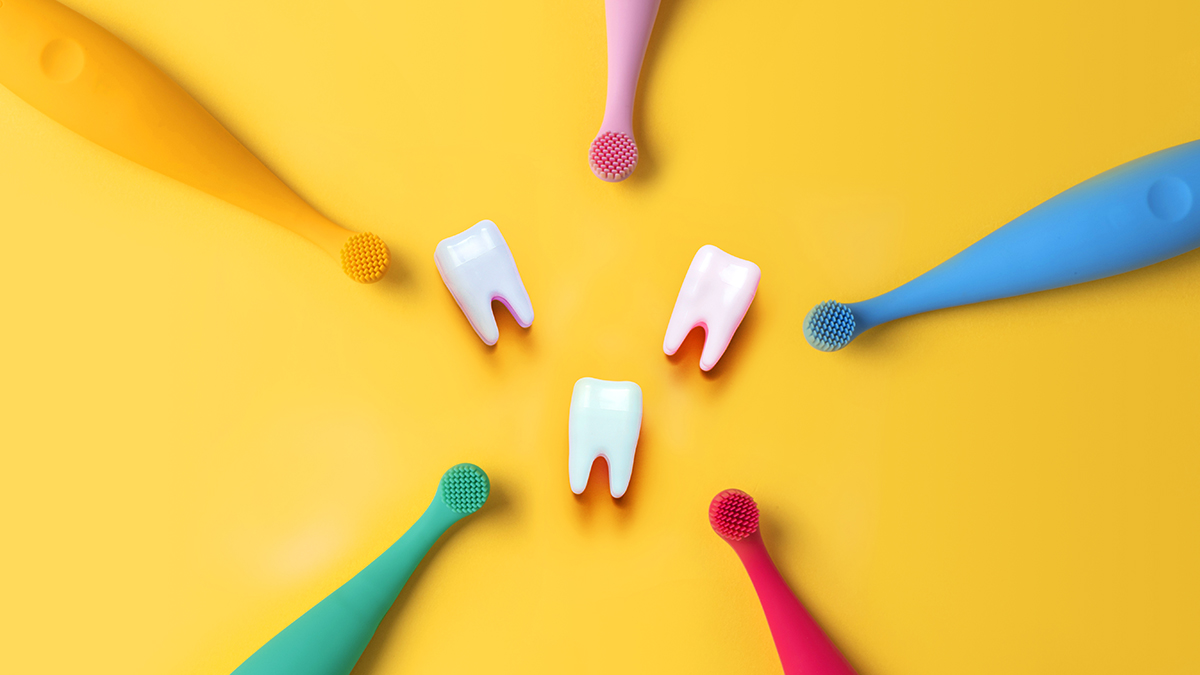
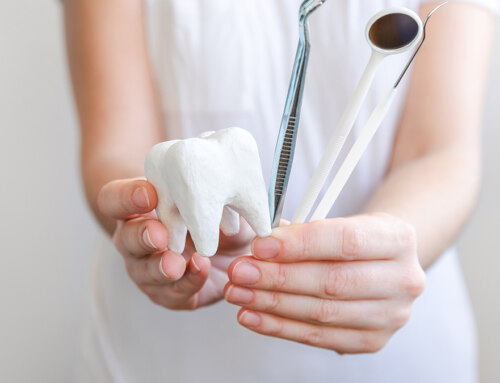
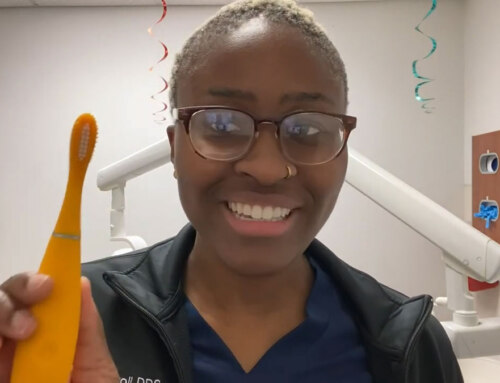
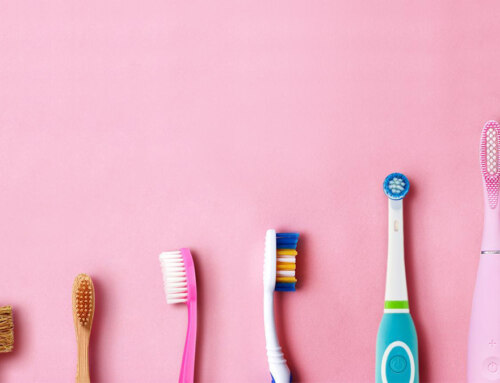
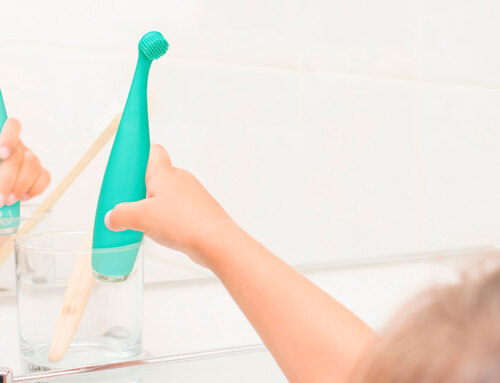
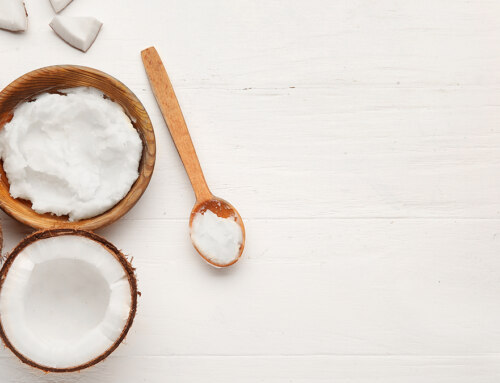


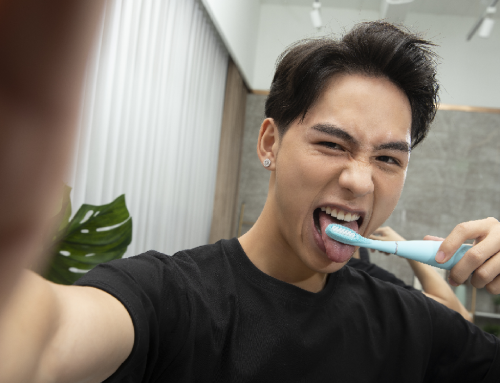



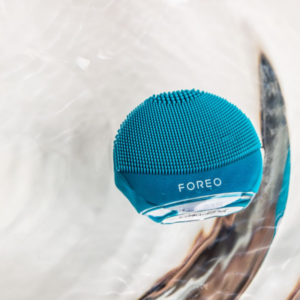

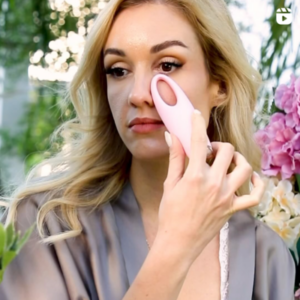
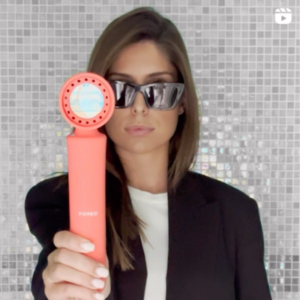
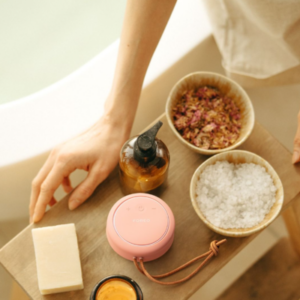

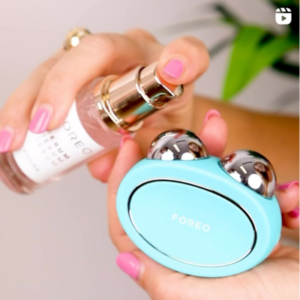
Leave A Comment